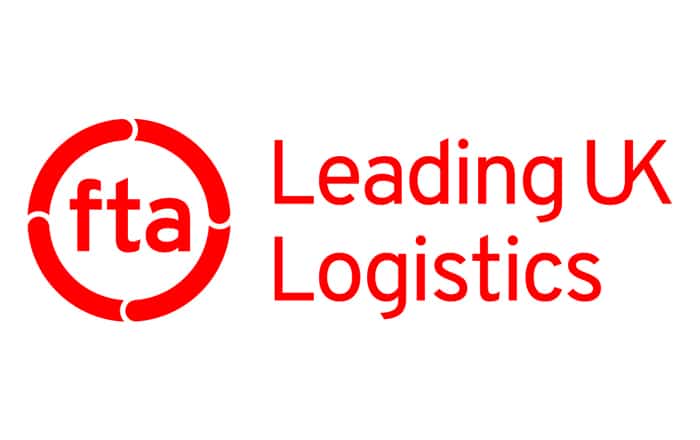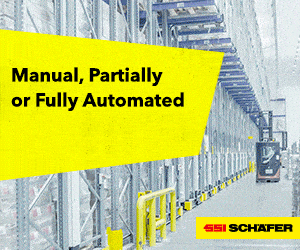While the UK remains in lockdown to limit the spread of COVID-19, government ministers are preparing to issue their “back to work” plans to restart the economy. And according to FTA, the business group which represents the logistics industry, these plans will create both opportunity and risk for businesses keen to comply with new safe working regulations and get their complex supply chains re-started or re-energised to cope with growing demand.
As Paul Wilson of FTA’s Supply Chain Consultancy team explains, successful re-starting and scaling-up of operations will rely on a number of dependencies in other parts of the supply chain, meaning that successful strategies are therefore likely to depend on the weakest link in the chain:
“Many businesses have started to create and implement their own strategies for returning to work,” he says. “In addition, complex supply chains that have been idle will need to be re-started, and those that have been running will need to be re-energised and refocused to cope with growing demand. But how many businesses have considered the interdependencies on which their supply chains rely, and considered the impact which outside forces could have on a successful return to ‘normal’ working? Evolving government health and safety advice for the workplace is liable to change working patterns for logistics businesses around the world, but how many of us have taken these changes into consideration when scoping what the ‘new normal’ could look like in operational terms.”
To assist logistics businesses of all sizes to return to work safely and effectively after the COVID-19 crisis, FTA’s Supply Chain Consultancy has launched a new independent strategic business review process, which aims to identify areas which fail to comply with new health and safety legislation and spot bottlenecks and weaknesses in supply chains.
“Using online meetings, a comprehensive survey and a series of one-to-one interviews, all backed by FTA’s years of expertise from across the sector, the new independent assessments will ensure operators and their people can have the confidence and independent verification that warehouse and handling activities are as good as they can be,” continues Wilson, “that they are compliant with new government rules, and will provide identification of gaps in the operational process. The reviews will cover all areas of operation from inbound and outbound flows of goods, to the use of PPE, operating processes and staff support systems.
“The success of any return to work depends on operational weaknesses being identified and eradicated, or at least minimised. Bear in mind, too, that the whole economy scaling back up at the same time will create potential bottlenecks that may delay or derail the plan – such as increasing carrier volume, demands on the workforce, catching up with postponed tests or PMIs for vehicles and specialist equipment. Our experienced consultants can help you review or create an appropriate Back to Business strategy, and the plans to execute them while also helping you to identify key risks, resources and mitigations to keep your organisation on track.
“With a likely insistence from government that a full workplace risk assessment will be required before any restart is possible, using an independent, well respected body like FTA to conduct compulsory reviews, employers can reassure staff that working practices including social distancing are safe and compliant, and that business continuity plans are robust. Employees want to be confident that everything possible has been done to protect their safety in these uncertain times – we believe FTA’s reviews will provide this, right across the supply chain”
To find out more about the FTA’s new Back to Work Strategic reviews, or for a free confidential discussion with the team, please visit https://fta.co.uk/coronavirus/covid-19-strategic-supply-chain-review
This content brought to you by
About Logistics UK
Who we are?
FTA are one of the biggest business groups in the UK, supporting, shaping and standing up for efficient logistics. We are the only organisation in the UK that represents all of logistics, with members from the road, rail, sea and air industries, as well as the buyers of freight services such as retailers and manufacturers whose businesses depend on the efficient movement of goods.
Why do we exist?
An effective supply chain is vital to Keep Britain Trading, directly impacting over 7 million people employed in making, selling and moving the goods that affect everyone everywhere. With Brexit, technology and other disruptive forces driving changes in the way goods move across borders and through the supply chain, logistics has never been more important to UK PLC.
What do we do?
As champions and challengers, FTA speaks to Government with one voice on behalf of the whole sector, greatly increasing the impact of our messages and achieving amazing results for Members.
Media Contact:
Rona Hunnisett Link
Featured Media
Future Logistics Conference in 6 minutes! Link














